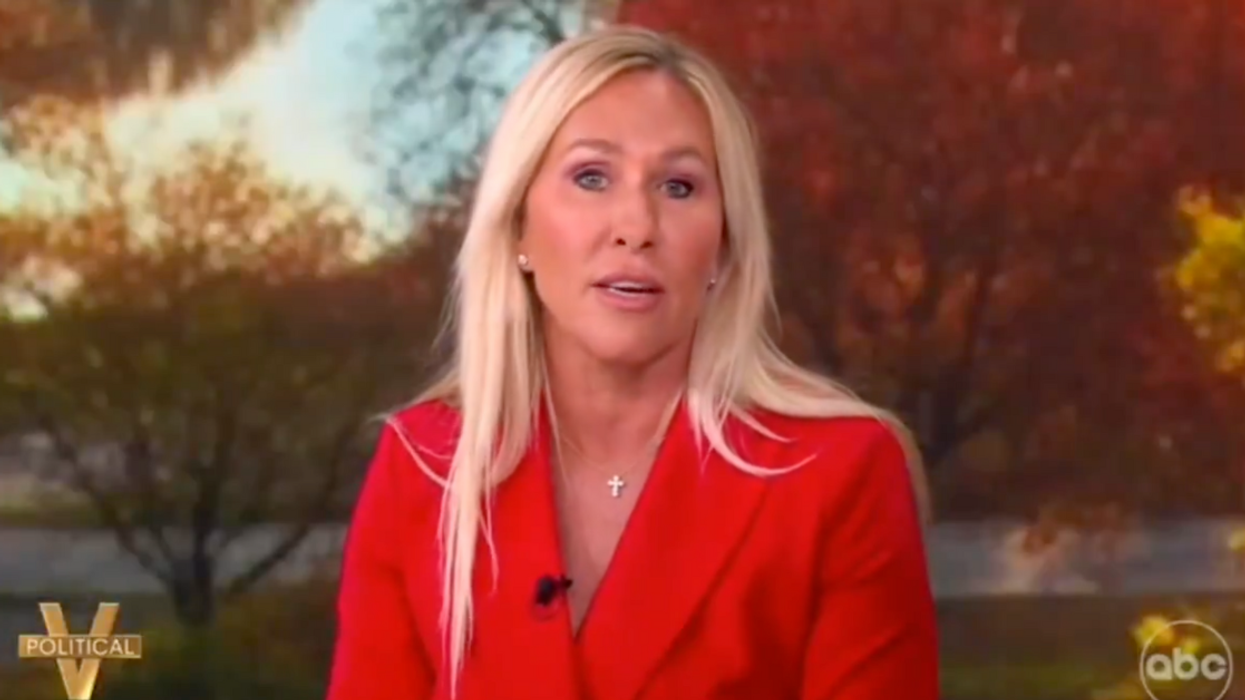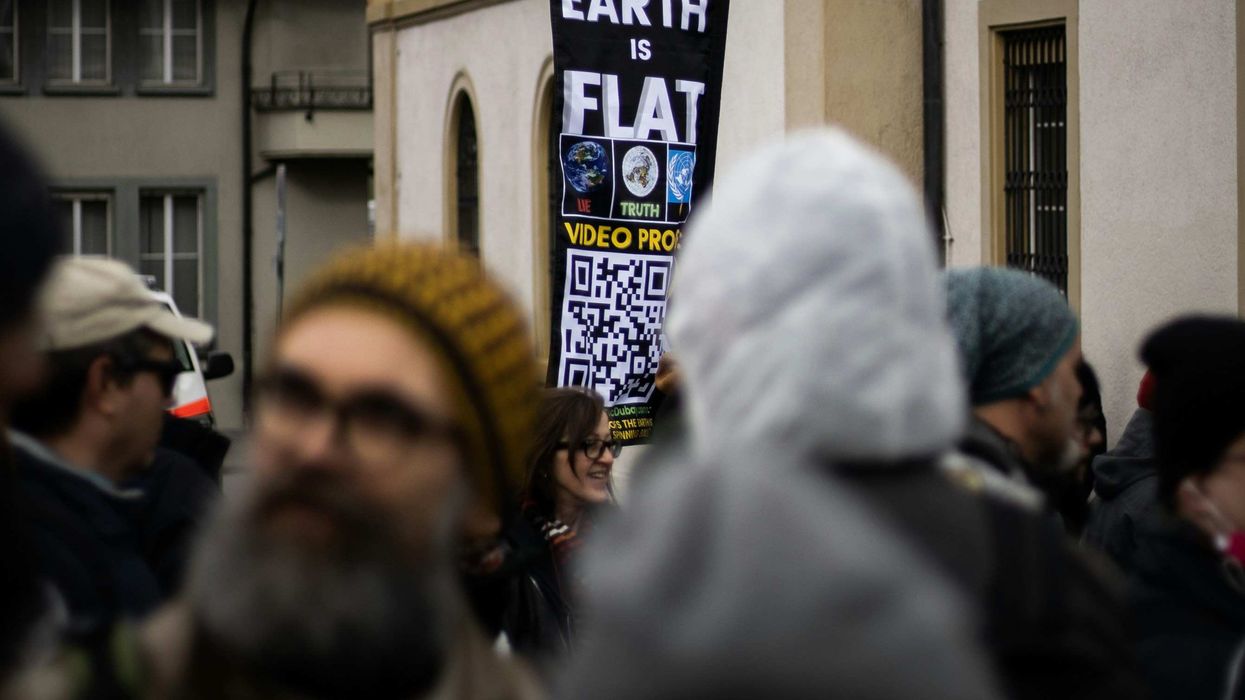Americans are always looking to put their best face forward, but a new study is showing that more and more are turning to cosmetic surgery for that extra boost to their looks.
They say looks aren't everything, but for a growing number of Americans they might be.
A new report from the American Society of Plastic Surgeons (ASPS) shows 2018 was a banner year for cosmetic surgery. Nearly 18 million Americans were nipped or tucked, up almost 250,000 from 2017.
The statistics which include surgical and minimally-invasive cosmetic procedures follow a trend that's been growing over the five years that's seeing more and more Americans opting towards body enhancements.
With last years quarter million spike in procedures now more Americans are doing it than ever which is leading some to label 2018 as "the year the body."
So which cosmetic procedures are the most popular among Americans?
The report from the ASPS broke down the statistics into two categories -- surgical procedures like liposuction, and minimally-invasive procedures such as chemical peels.
More than 1.8 million surgical procedures were performed in 2018 with the top 5 being;
- Breast augmentation (313,735 procedures, up 4 percent from 2017)
- Liposuction (258,558 procedures, up 5 percent from 2017)
- Nose reshaping (213,780 procedures, down 2 percent from 2017)
- Eyelid surgery (206,529 procedures, down 1 percent from 2017)
- Tummy tuck (130,081 procedures, about the same as 2017)
For the 15.9 million minimally-invasive procedures performed last year the top 5 were:
- Botulinum Toxin Type A (7.44 million procedures, up 3 percent from 2017)
- Soft Tissue Fillers (2.68 million procedures, up 2 percent from 2017)
- Chemical Peel (1.38 million procedures, up 1 percent since 2017)
- Laser hair removal (1.1 million procedures, down 1 percent from 2017)
- Microdermabrasion (709,413 procedures, down 4% from 2017)
So what's behind the uptick in cosmetic surgery?
ASPS President Alan Matarasso points out that these days when it comes to plastic surgery "it's not all surgery any more."
"Ten years ago, plastic surgery was surgery. Now, when you go to a board-certified surgeon you have options."
Among those options are non-surgical, less invasive procedures. Although body-sculpting procedures like liposuction and nose-reshaping remain popular there is always the concern the dangers involved with elective surgery. One procedure in particular, the Brazilian butt lift has been labeled the deadliest form cosmetic surgery, with 32 cases of death occurring in 2017 due to a complication known as fat embolism.
Patients today have more options though for less invasive procedures, one that can blend surgical and non-surgical techniques.
"Board-certified plastic surgeons are on the cutting edge of developing emerging technology and creating the newest advancements in both surgical and non-surgical techniques," says Matarasso. "Our board-certified plastic surgeons take into account each patient's specific objective and anatomy to come up with the best course of action to achieve the natural look they want."
Millennials may also be behind the rise of body-enhancement.
Millennials are often blamed for "killing" various industries, but in the case of cosmetic procedures for once they might be boosting it.
A January report from the American Academy of Facial Plastic and Reconstructive Surgery shows that Millenials are in part responsible for the boost in the number of procedures done.
Although fewer go for invasive procedures more are opting for treatments in their 20s and 30s to stay looking young.
The growing trend among Millenials has some people worried though.
Doctors Terry Dubrow and Paul Nassif, stars of the of cosmetic surgery show Botched talked to Newsweek about a growing epidemic called "selfie dysmorphia" (also known as Snapchat dysmorphia) where people aim to shape their faces into versions that look closer to various app filters like those found in Instagram or FaceTune.
"I try to tell [my patients] that it's not realistic," Dubrow told Newsweek
"Through social media, and people taking pictures of themselves, they see a super-idealized version of themselves. It used to be that people wanted to look like a certain celebrity or repair a bump on their nose, now people want to look like a filter.
And Dunbrow isn't the only one who has noticed the growing phenomenon.
With social media apps already linked to depression in younger generations dysmorphia caused by image filters may just be another indictment against the social media industry that many are saying calls for a new conversation about mental health in the internet generation.



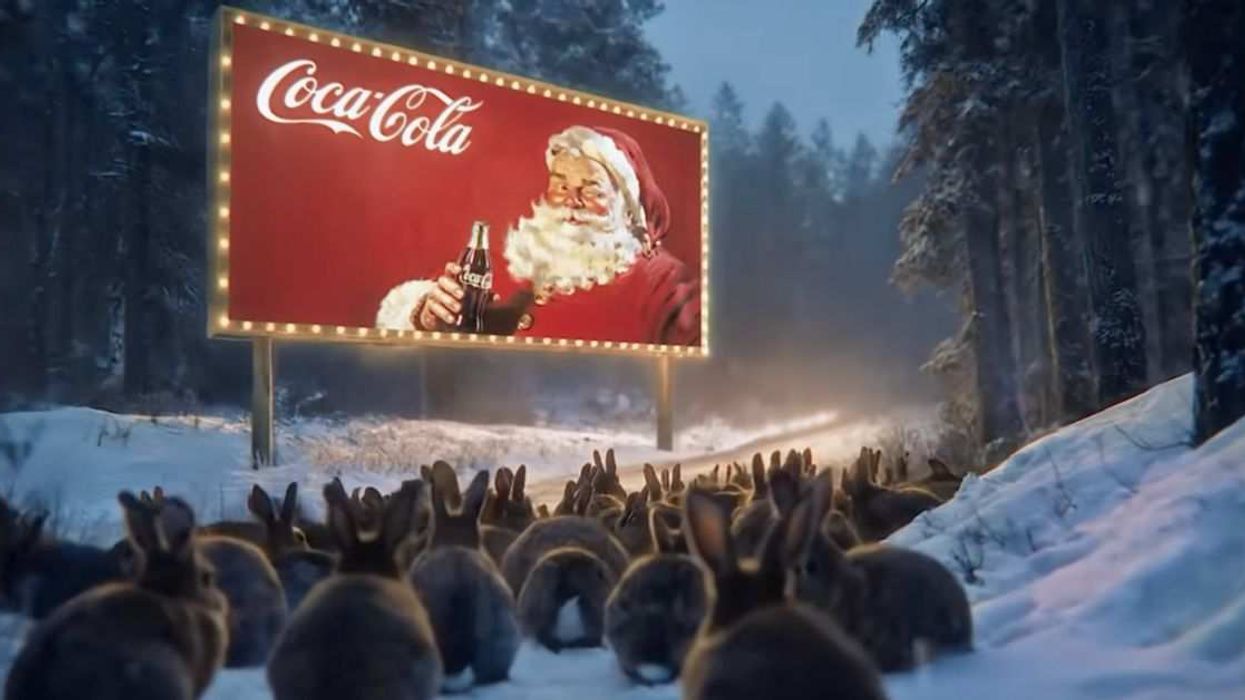
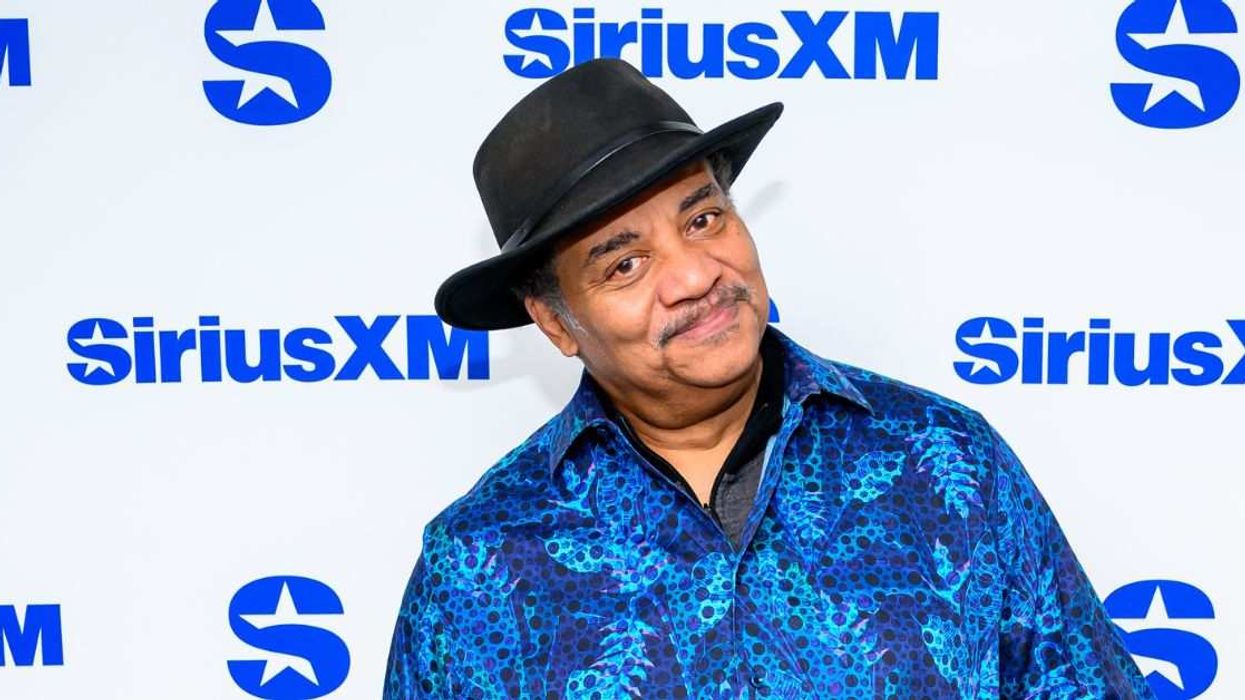
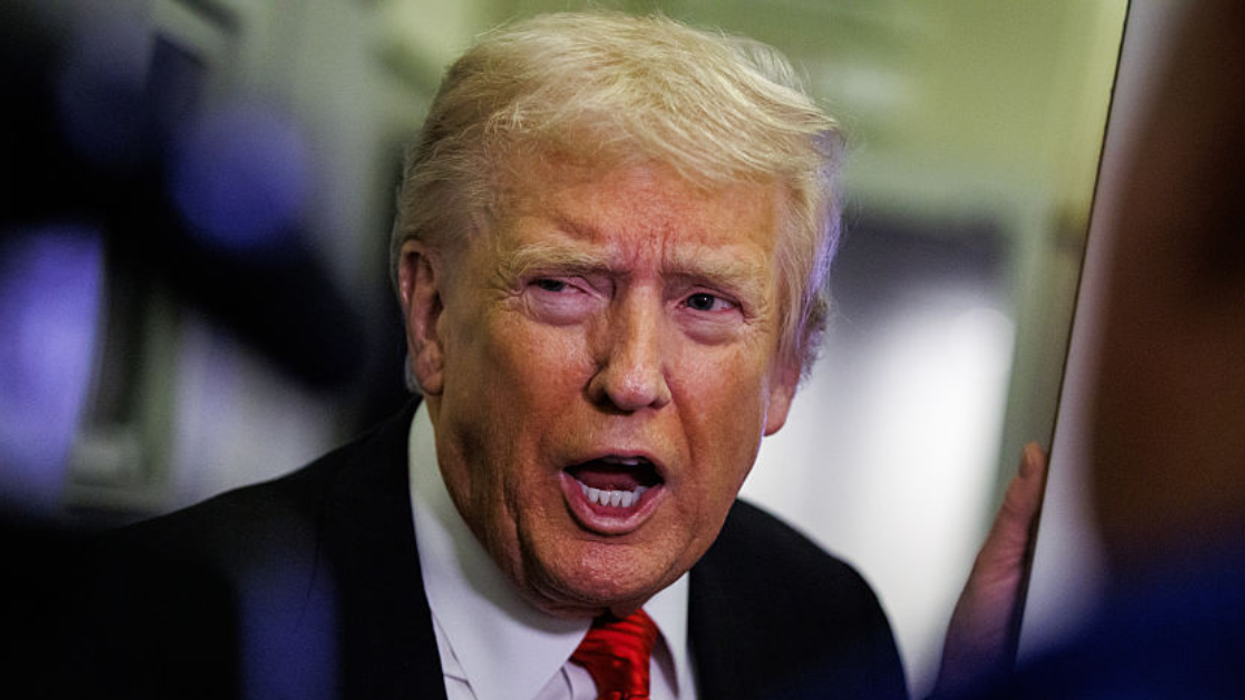

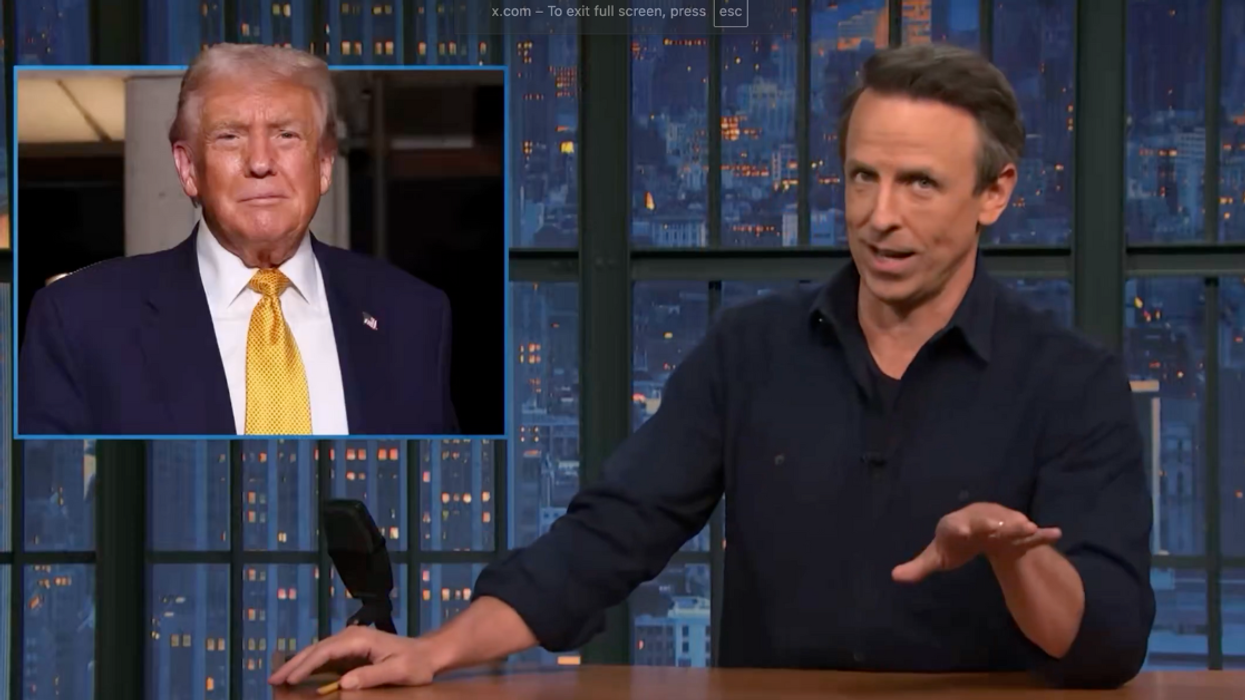
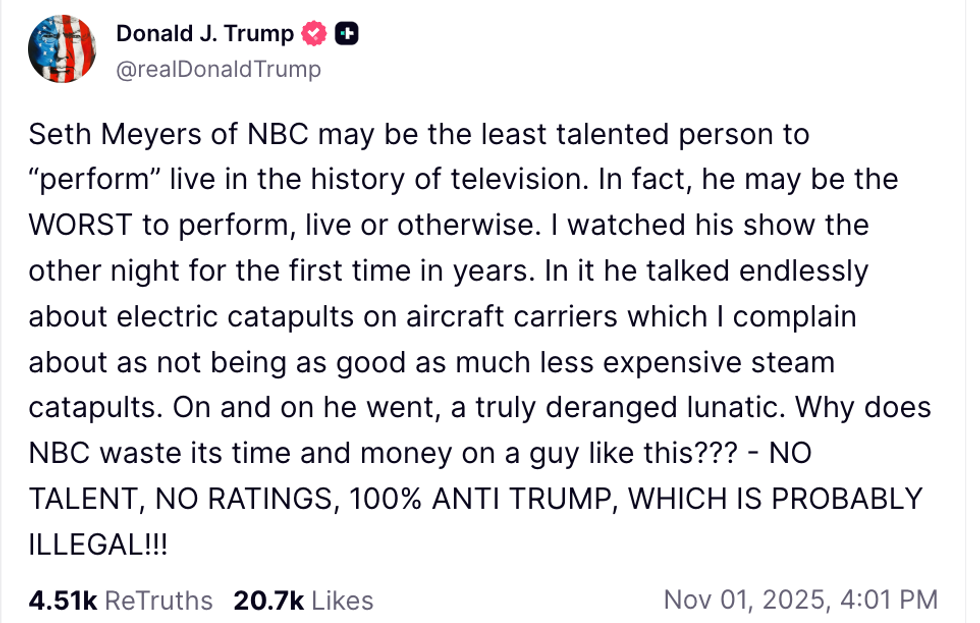 @realDonaldTrump/Truth Social
@realDonaldTrump/Truth Social

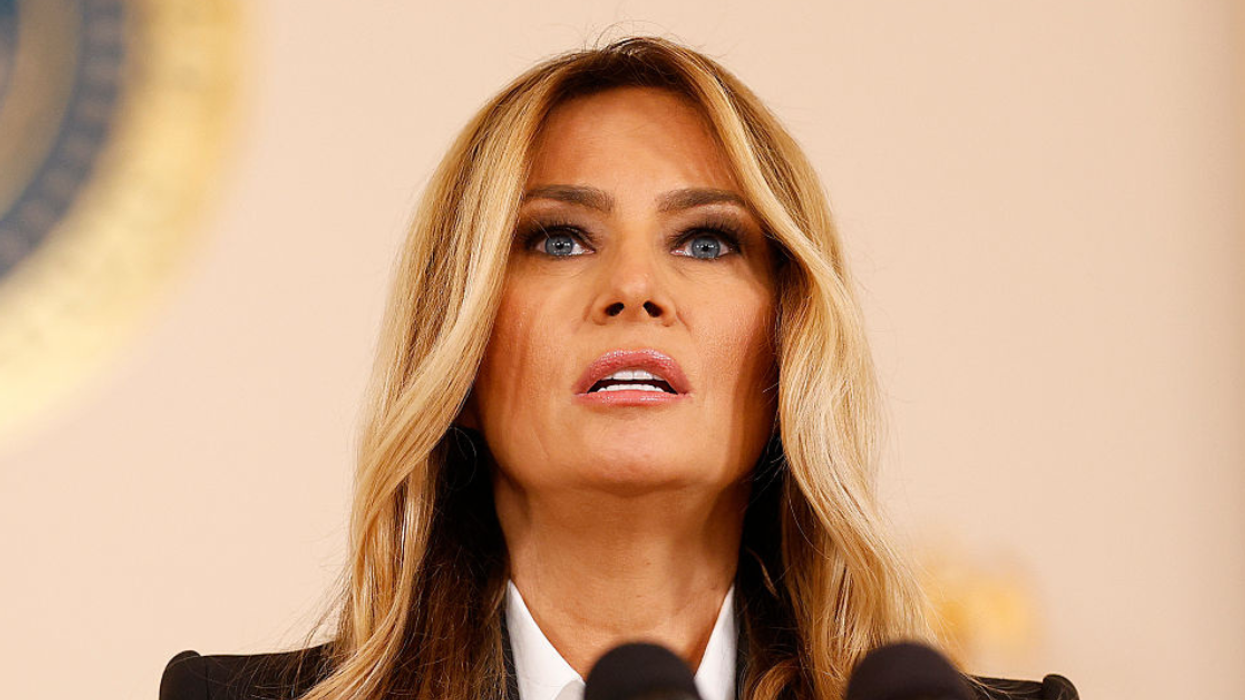

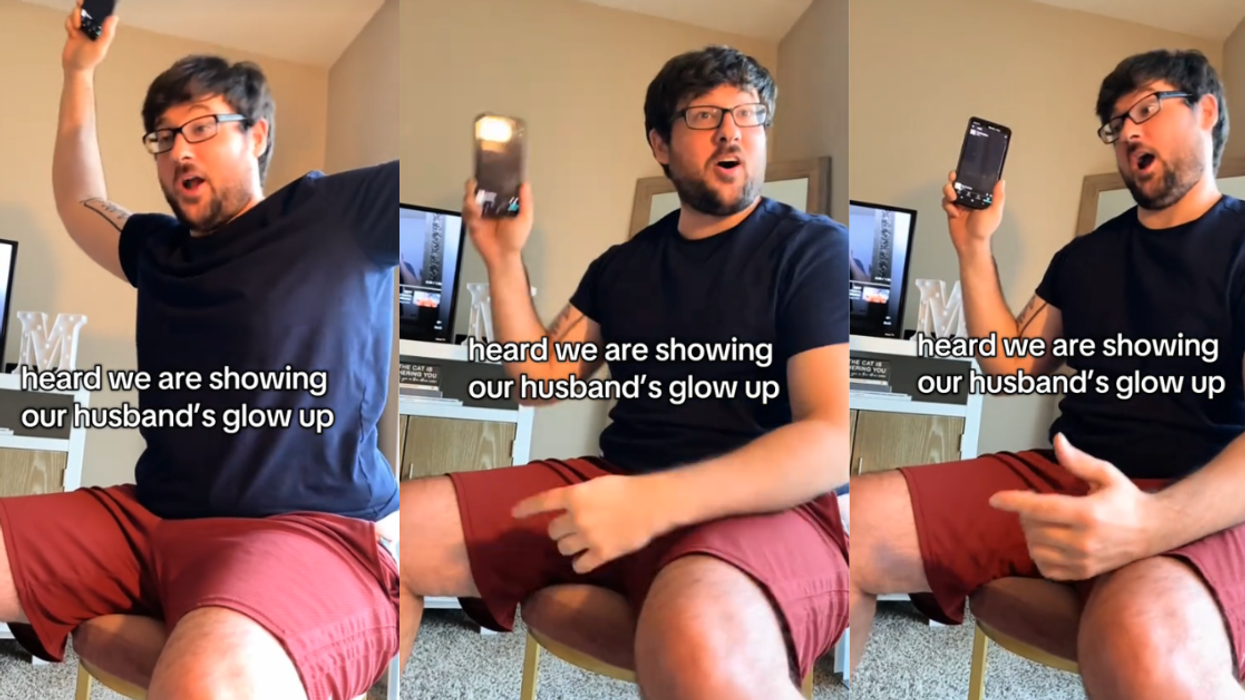

 @rootednjoyy/TikTok
@rootednjoyy/TikTok @rootednjoyy/TikTok
@rootednjoyy/TikTok @rootednjoyy/TikTok
@rootednjoyy/TikTok @rootednjoyy/TikTok
@rootednjoyy/TikTok @rootednjoyy/TikTok
@rootednjoyy/TikTok @rootednjoyy/TikTok
@rootednjoyy/TikTok @rootednjoyy/TikTok
@rootednjoyy/TikTok @rootednjoyy/TikTok
@rootednjoyy/TikTok @rootednjoyy/TikTok
@rootednjoyy/TikTok @rootednjoyy/TikTok
@rootednjoyy/TikTok @rootednjoyy/TikTok
@rootednjoyy/TikTok @rootednjoyy/TikTok
@rootednjoyy/TikTok @rootednjoyy/TikTok
@rootednjoyy/TikTok @rootednjoyy/TikTok
@rootednjoyy/TikTok
 @rootednjoyy/TikTok
@rootednjoyy/TikTok @rootednjoyy/TikTok
@rootednjoyy/TikTok @rootednjoyy/TikTok
@rootednjoyy/TikTok @rootednjoyy/TikTok
@rootednjoyy/TikTok @rootednjoyy/TikTok
@rootednjoyy/TikTok @rootednjoyy/TikTok
@rootednjoyy/TikTok @rootednjoyy/TikTok
@rootednjoyy/TikTok @rootednjoyy/TikTok
@rootednjoyy/TikTok @rootednjoyy/TikTok
@rootednjoyy/TikTok @rootednjoyy/TikTok
@rootednjoyy/TikTok
 @BarryMu38294164/X
@BarryMu38294164/X